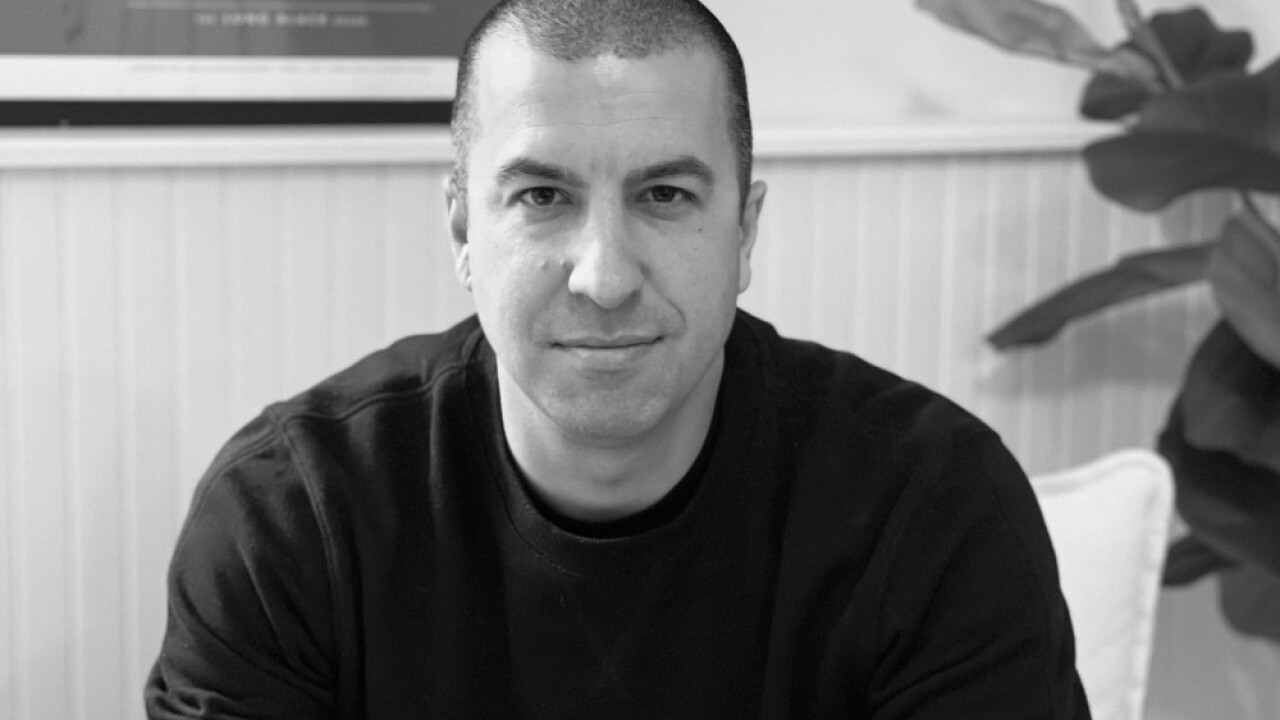The activist investor Driver Management has pursued proxy contests at two community banks this year in an effort to force the banks to sell. Now, Driver has set its sights on a third: Republic First Bancorp in Philadelphia.
Citing concerns about Republic First’s business model, as well as plans for a stock offering it said would dilute the value of existing shares, New York-based Driver said it plans to nominate three candidates to serve on the Philadelphia bank’s board.

Under the leadership of Chairman and CEO Vernon Hill, Republic First and its bank subsidiary, Republic Bank, have proved outstanding at gathering deposits. At the same time, the $5.4 billion-asset company has struggled to generate loans.
Hill, who gained fame for building Cherry Hill, New Jersey-based Commerce Bancorp into a retail powerhouse before its sale to TD Bank in 2008, “has done a good job building a deposit-gathering mechanism, but if you’re not going to do anything on the asset side, what’s the point?” Driver said Thursday.
Republic First reported total deposits of $5 billion on Sept. 30. Exclusive of the Paycheck Protection Program, loans totaled just under $2.3 billion, which works out to a loan-to-deposit ratio of 45.2%. The industry average for banks with $1 billion to $10 billion of assets is 73.44% according to Federal Deposit Insurance Corp. data.
Abbott Cooper, founder and managing member of Driver, said his immediate goal is to block Republic First’s plans to undertake what Hill has described as a “small” equity raise. Hill announced his intention to pursue a stock sale on Oct. 28, during a conference call with analysts to discuss third-quarter results. First Republic has not provided new details since then, but Cooper said any stock sale should be out of the question given the fact the company’s shares currently trade at about 65% of their tangible book value.
Longer term, Republic First’s “best outcome” is a sale, Cooper said. “There are some really great asset-generating businesses out there. You kind of fit them together with [Republic First] and it could be a home run.”
Cooper said Driver plans to nominate Peter Barthalow, a former chief financial officer at Dallas-based Texas Capital Bancshares, Pamela Bundy, a prominent Washington, D.C.-area developer, and Richard Sinkfield, an attorney who serves as chief legal and compliance officer at Laureate Education in Baltimore.
A Republic First spokesperson did not immediately return a reporter’s call. In a press release Thursday, Republic First said it had “attempted to engage with Driver,” seeking to arrange interviews with its three board candidates but added that it balked at conditions Driver set for a meeting, including Hill’s removal as chairman and reimbursement of the “out-of-pocket costs” connected to its investment in Republic First.
Driver’s pending proxy contest with Republic First comes on the heels of similar efforts to force the $2.3 billion-asset
Codorus Valley’s longtime chairman and CEO, Larry Miller, announced plans to retire shortly after Driver said in August that it planned to nominate a candidate to its board of directors. While Driver had urged Codorus to replace Miller, Cooper said he would still like to see the company sold, so it expects to continue the proxy battle. “We’re pushing forward,” Cooper said.
Driver failed in its bid to orchestrate the sale of First United. The bank agreed in April to buy out Driver’s ownership stake for $6.5 million.





